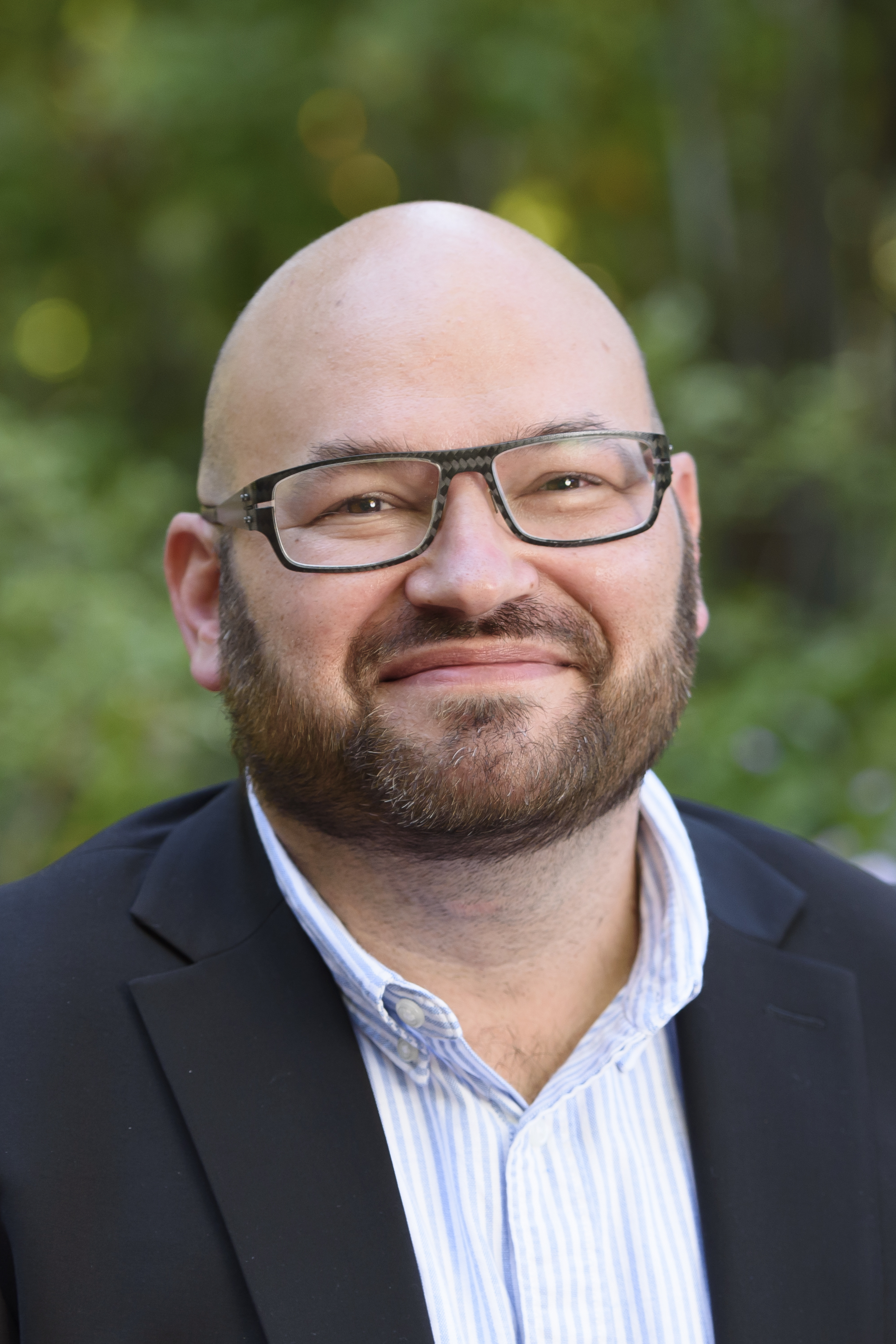
Tobias Benedikt ZÜRN (陶全恩)
Ph.D. University of Wisconsin, Madison, 2016
Tel: 23587806
Email: hmtzuern@ust.hk
Room No: 3343
Tobias Benedikt Zürn earned his Ph.D. in premodern Chinese studies (specialization: Chinese religions and literature) from the University of Wisconsin, Madison, and a Magister Artium in sinology from the University of Munich. His research explores how academic disciplines project and perpetuate modern and Eurocentric concepts onto the past and non-Western societies, a process he calls “theoretical imperialism.” His first monograph Text/Bodies: The Huainanzi’s Construction as a Powerful Scripture of the Way reconstructs the earliest conceptualization of efficacious writings in East Asia. By investigating the Huainanzi’s textual design vis-à-vis its self-illustrations and earliest receptions, he creates a compelling critique of the common, logocentric practice in premodern Chinese studies to read texts first and foremost as discursive objects. In addition, he is a co-founder of the international research project “Global Reception of the Classic Zhuangzi” that investigates the Daoist classic’s far-reaching influence and multimedia reception over the last two millennia. Among others, he has published his work in the Journal of Asian Studies and Early China, two flagship journals in their respective fields.
Websites: tobias-zuern.org and zhuangzi-reception.org
Professor Zürn only accepts graduate students whose research interests overlap with his expertise in premodern Chinese literature, religion, and literary theory (i.e. Zhuangzi reception; Huainanzi studies; intertextuality; reception history; image theory; Daoism).
Representative Publications
Book Projects:
Text/Bodies: The Huainanzi’s Construction as a Powerful Scripture of the Way, under review.
Edited Volumes:
Global Reception of the Classic Zhuangzi, Volume 2: Early Commentaries and Reworkings Through the Tang, edited by Mark Csikszentmihalyi and Tobias Benedikt Zürn, in progress.
Peer-Reviewed Articles:
“Reading Texts as Bodies: Object Agency in the Age of Human Empowerment,” Method & Theory in the Study of Religion 37.2 (2025), forthcoming.
“Receptions of the Zhuangzi in the Work of Du Fu, Great Confucian Poet of the Tang,” Religions 16, in progress. Included in the special issue "The Interaction of Daoist, Buddhis, and Confucian Thinkers in the Sui and Early Tang Dynasty," edited by Friederike Assandri.
“Reception History and Early Chinese Texts,” Religions 13.12 (2022): https://doi.org/10.3390/rel13121224. Included in the special issue "Global Laozegetics: Engaging the Multiplicity of Laozi Interpretations and Translations," edited by Misha Tadd.
“The Han Imaginaire of Writing as Weaving: Intertextuality and the Huainanzi’s Self-Fashioning as an Embodiment of the Way,” Journal of Asian Studies 79.2 (2020): 367-402
“Overgrown Courtyards and Tilled Fields: Image-Based Debates on Governance and Body Politics in the Mengzi, Zhuangzi, and Huainanzi,” Early China 41 (2018): 297-332
Invited Book Chapters:
"Introduction," in Global Reception of the Classic Zhuangzi, Volume 2: Early Commentaries and Reworkings Through the Tang, written together with Mark Csikszentmihalyi, in progress.
“The Daoist Body,” in The Daoist World, edited by Mark Meulenbeld and Gil Raz. London: Routledge, in progress.
“The Practice of Erasing Traces in the Huainanzi,” in Albert Galvany ed., The Craft of Oblivion: Aspects of Forgetting and Memory in Ancient China. Albany: State University of New York Press, 2023, pp. 181-214.
“Seng Qixu 僧契虛 (Monk Attached to Emptiness),” in Tang Dynasty Tales: A Guided Reader Volume 2. Edited by William H. Nienhauser Jr. Singapore: World Scientific Publishing Co., 2016, pp. 365-424